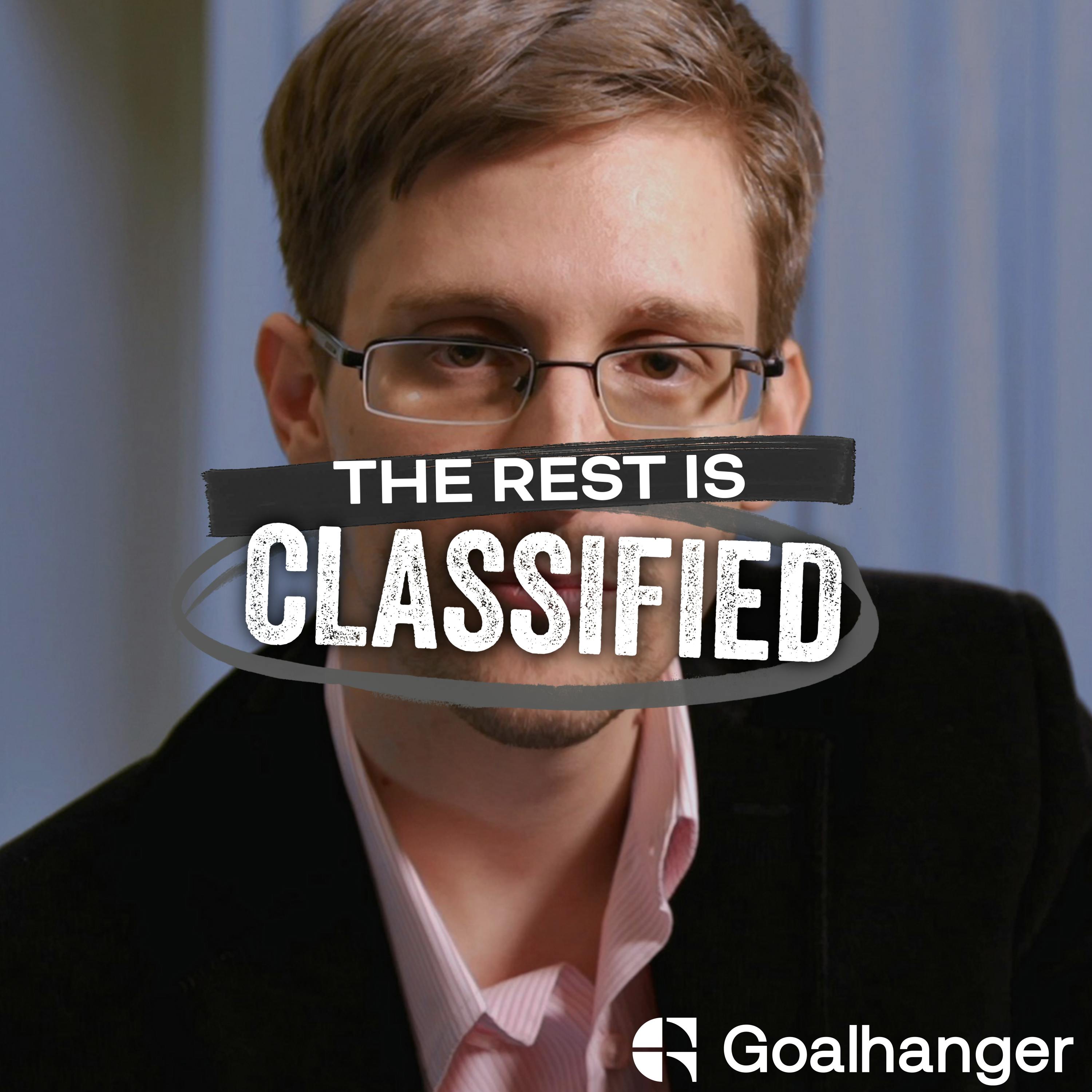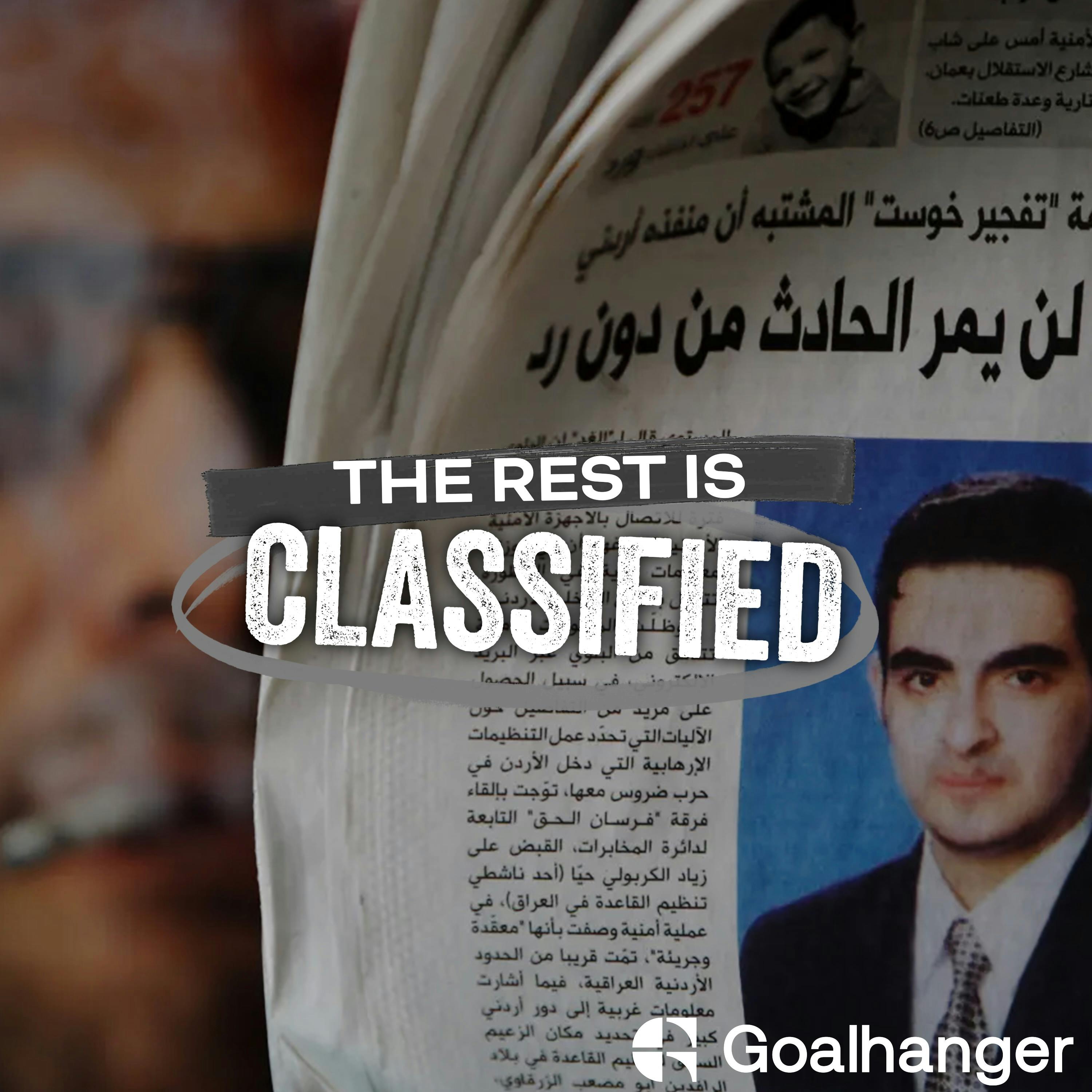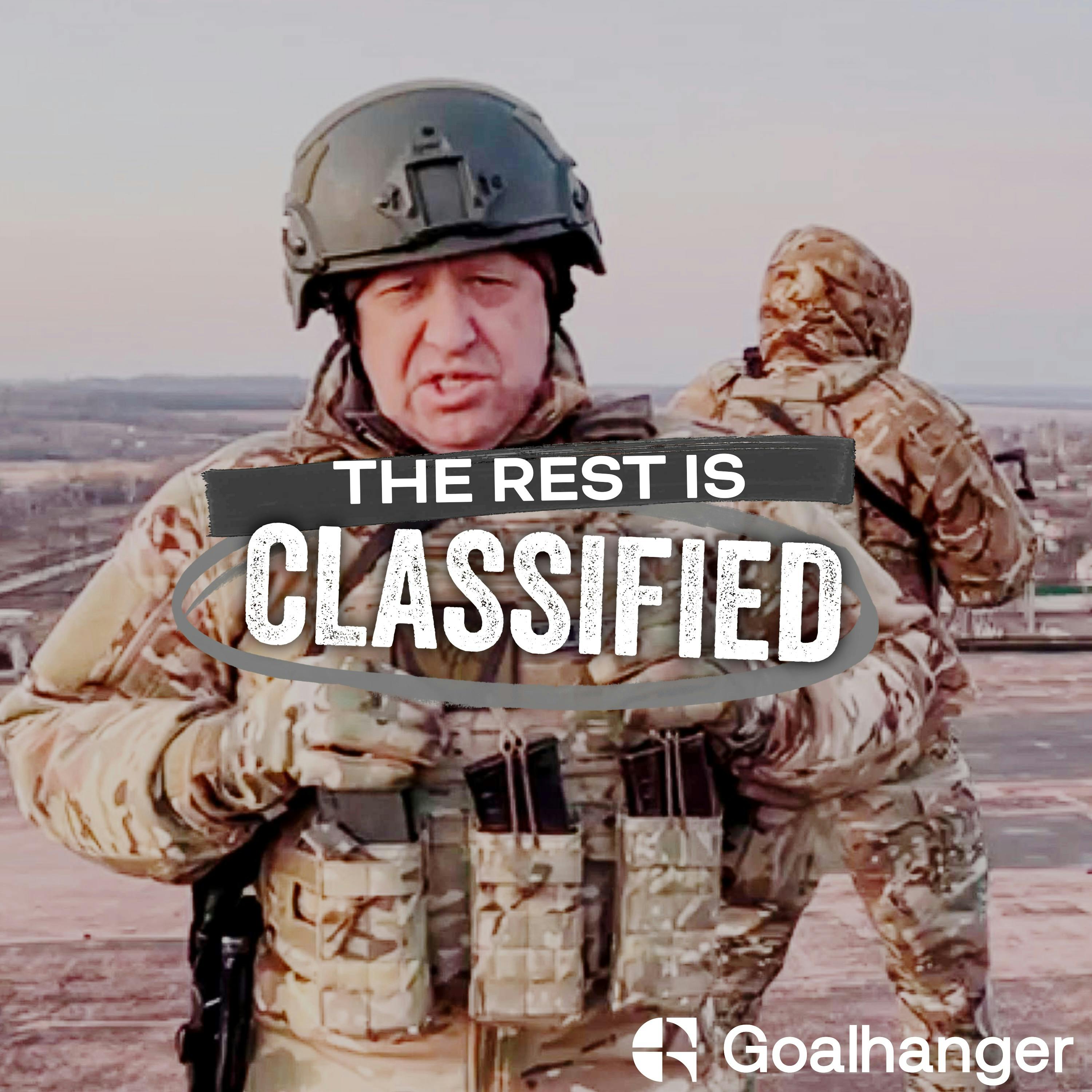44. The Leak That Changed The World: Stealing State Secrets (Ep 2)
Edward Snowden has decided he is going to leak some of America's biggest secrets, but first he needs to steal them. How do you steal from some of America's most secure facilities? Does he have the access he needs? And is he working alone?
Listen as David McCloskey and Gordon Corera share how Edward Snowden stole 1,500,000 files from the American system.
-------------------
To sign up to The Declassified Club, go to www.therestisclassified.com or click this link.
To sign up to the free newsletter, go to: https://mailchi.mp/goalhanger.com/tric-free-newsletter-sign-up
-------------------
Order a signed edition of David's latest book, The Seventh Floor, via this link.
Pre-order a signed edition of Gordon's latest book, The Spy in the Archive, via this link.
-------------------
Get our exclusive NordVPN deal here ➼ www.nordvpn.com/restisclassified
It’s risk-free with Nord’s 30-day money-back guarantee!
Exclusive INCOGNI Deal: To get an exclusive 60% off an annual Incogni plan, go to https://incogni.com/therestisclassified
Email: classified@goalhanger.com
Twitter: @triclassified
Assistant Producer: Becki Hills
Producer: Callum Hill
Senior Producer: Dom Johnson
Exec Producer: Tony Pastor
Learn more about your ad choices. Visit podcastchoices.com/adchoices
Listen as David McCloskey and Gordon Corera share how Edward Snowden stole 1,500,000 files from the American system.
-------------------
To sign up to The Declassified Club, go to www.therestisclassified.com or click this link.
To sign up to the free newsletter, go to: https://mailchi.mp/goalhanger.com/tric-free-newsletter-sign-up
-------------------
Order a signed edition of David's latest book, The Seventh Floor, via this link.
Pre-order a signed edition of Gordon's latest book, The Spy in the Archive, via this link.
-------------------
Get our exclusive NordVPN deal here ➼ www.nordvpn.com/restisclassified
It’s risk-free with Nord’s 30-day money-back guarantee!
Exclusive INCOGNI Deal: To get an exclusive 60% off an annual Incogni plan, go to https://incogni.com/therestisclassified
Email: classified@goalhanger.com
Twitter: @triclassified
Assistant Producer: Becki Hills
Producer: Callum Hill
Senior Producer: Dom Johnson
Exec Producer: Tony Pastor
Learn more about your ad choices. Visit podcastchoices.com/adchoices
Press play and read along
Transcript
Transcript is processing—check back soon.
The Rest Is Classified — 44. The Leak That Changed The World: Stealing State Secrets (Ep 2)





